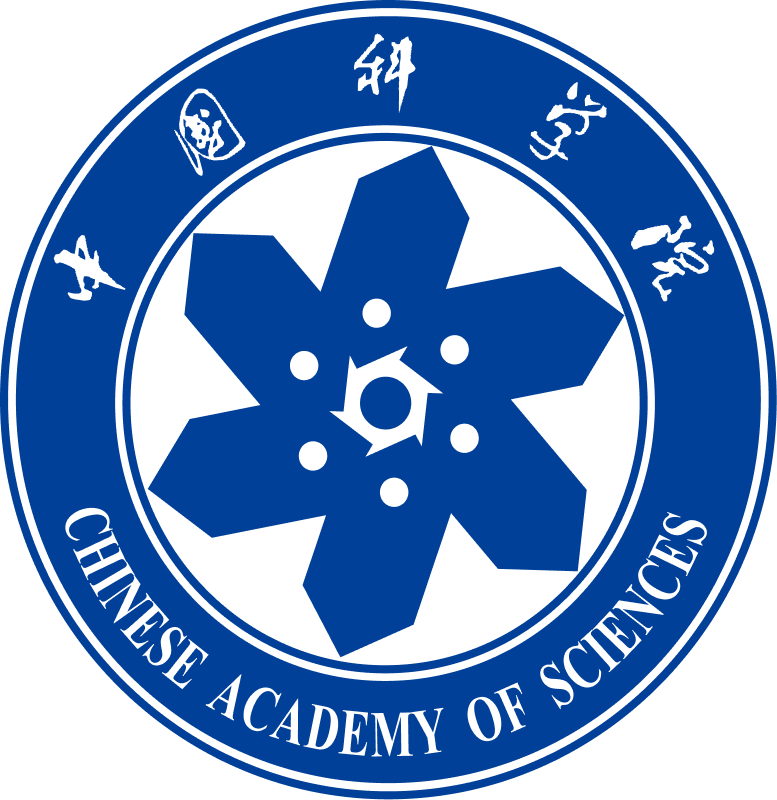Autophagy and cancer biology
Exploring small molecules to uncover new modulators of autophagy and their potential in disease treatment.
Autophagy is a cellular process that degrades misfolded proteins and damaged organelles through autophagosomes, which fuse with lysosomes to digest and recycle their contents. Dysfunctional autophagy has been linked to diseases like cancer and neurodegeneration. Some chemicals have been known to modulate autophagy, such as rapamycin and lithium, used in various treatments. The project involved screening small molecules for their effects on autophagy using an image-based assay. Vacuolin-1 was found to inhibit autophagosome-lysosome fusion, and YS620 was identified as an autophagy inducer. The team also screened Isodon diterpenoids, known for their bioactivity, for potential autophagy modulators. The project's aims included identifying new modulators, studying their mechanisms, and applying them to treat diseases in cell and animal models. The expected deliverables were novel autophagy activators or inhibitors, understanding their molecular mechanisms, and establishing their clinical applications.
-

Original project funded for three years from 2016
- Cellular homeostasis
- Disease treatment
- Chemical modulators
- Autophagy research
Directors

Jianbo Yue
Associate Professor at the City University of Hong Kong

Jianxin Pu
Professor at the CAS Institute of Botany , Kunming
Other projects




Stay in the loop!
Subscribe to keep up with the latest from Croucher Foundation.


